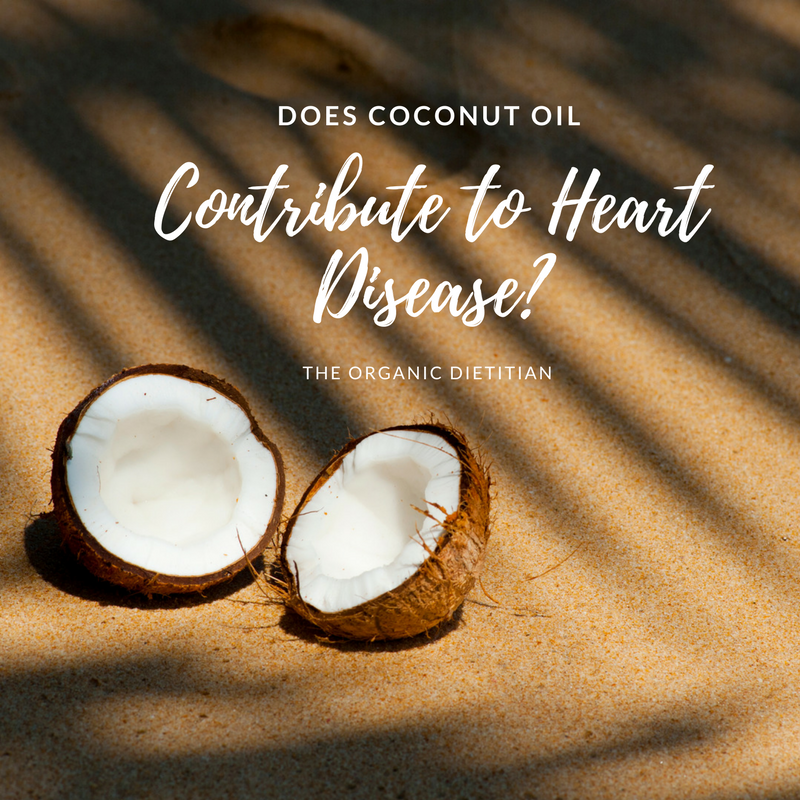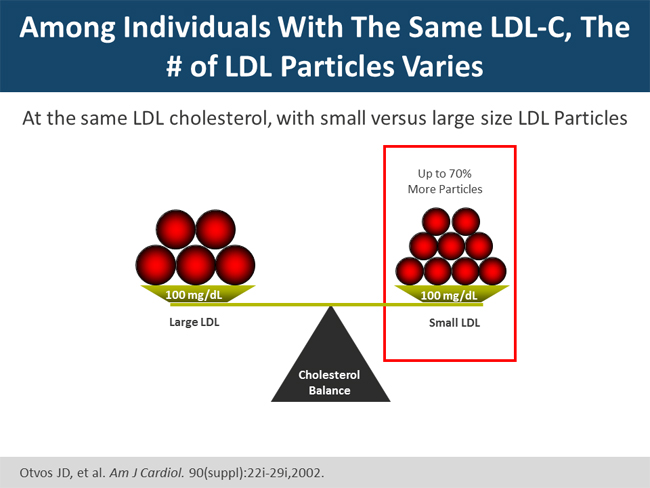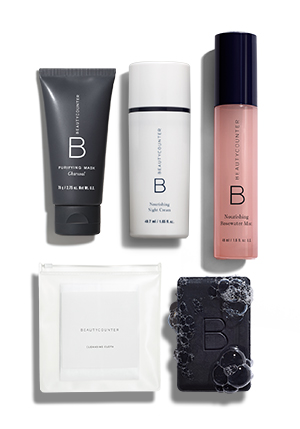29 June, 2017
Does Coconut Oil Contribute to Heart Disease?

I get so fired up when articles go viral that provide false health and nutrition information. In a world where a lot of people are searching online for health information (hello, Dr. Google!) it can be hard to navigate fact from fiction. Remember: just because you read it on the internet, that doesn’t make it true!
The latest you may have heard is that the American Heart Association’s guidelines caution against using coconut oil, as it may elevate LDL cholesterol and lead to heart disease. Does coconut oil contribute to heart disease? I say no way! Healthy fats are a critical part of keeping our bodies running properly.
As a registered dietitian I have been able to observe firsthand how diet and lifestyle can impact overall health. Clients that thought they were doing everything right: eating whole grains, avoiding saturated fat, eating more vegetables, skipping the egg yolks — yet they still developed heart disease.
Consider the Source
There are tons of articles online. When you’re reading information pertaining to your health, consider the source. I would never take advice from the American Heart Association (AHA). For years they have promoted a diet that has actually been causing more heart disease. The AHA promotes use of vegetable oil (despite being inflammatory), endorses high intake of grains, and encourages everything be low-fat (causes high blood sugar)(1, 3). Despite the recommendations of the AHA and people adopting a low-fat diet, in the United States cardiovascular disease is the number one killer of men and women, plus it is costing us billions of dollars. Organizations like the AHA often receive funding from food or drug companies, creating a huge conflict of interest. When deciphering fact from fiction it is always important to look and who is providing funding and the source of the information.
What is the Truth?
What is Cholesterol?
Cholesterol is actually not a fat, but a sterol; a combination of a steroid and alcohol. Cholesterol is fat soluble and blood is mostly water. Think of oil and water: they don’t mix. This means that cholesterol can’t travel in the blood freely. In order for cholesterol to travel in the blood it needs to be carried in a particle known as lipoprotein. These lipoproteins are fat (like cholesterol) surrounded by protein. Lipoproteins (or lipoprotein particle number) are really just the transportation system for cholesterol and other fat so that they can freely flow in the blood.
The best way to think about this is to imagine cholesterol and triglycerides are people and the lipoproteins are the cars that are transporting those people from point A to point B.
There are different types of lipoproteins. Two of the more well-known lipoproteins are low density lipoproteins (LDL) and high density lipoproteins (HDL). We have all been taught that LDL needs to be lower and is considered our “bad” cholesterol while HDL should be higher because it is our “good” cholesterol. When we get a standard lipid panel drawn we are testing for how much cholesterol (or people) are inside the lipoproteins (or cars) and not how many cars are on the road.
The main function of LDL is as a transport vehicle to deliver triglycerides for storage or immediate utilization for energy. While HDL transports cholesterol back to the liver where it can be processed, added to bile, and excreted. Both have a purpose, which is why our bodies make both. We now know that it is the LDL particle number (or number of cars) this is an indicator of heart risk disease and not the people inside the cars (cholesterol and triglycerides).

Cholesterol is vital to health and we would not be alive without it. It helps to make vitamin D, bile, sex hormones and steroid hormones. It is important for brain health (25% of the brain is cholesterol), it inactivates bacterial toxins, and helps us maintain a healthy gut wall.
This is probably why a whopping 75% of our cholesterol is produced inside of our bodies by the liver (provided our liver is functioning well). Dietary cholesterol has little impact on our total cholesterol because our body tightly regulates the amount in our bodies. If we eat more cholesterol, the body makes less and if we eat less, the body makes more. (4)
The Real Cause of Heart Disease
Inflammation, blood sugar imbalance, and oxidative stress play a big role in the development of blood vessel plaque that can contribute to heart attacks and stroke. These three factors can cause damage to the blood vessel lining. This damage causes LDL particles (or the cars) to be drawn to the injury site to help repair the damage. Cholesterol inside the LDL is used like spackle to support healing. Excess LDL particles then can get caught in the vessel lining. Inflammation at the injury site draws immune cells and it is the combination of immune cells and LDL that begin to form plaque.
If you were looking for a lab value that could help you assess your risk of heart disease, the two that I recommend to clients are C-Reactive Protein (CRP-hs), which can help assess inflammation levels in the body, and LDL particle number (done via a NMR or nuclear magnetic resonance test). (2)
LDL particle number indicates the number of cars on the road (aka blood stream) and the people inside the car are cholesterol and triglycerides. It is really the number of LDL particles that can best assess risk for heart disease and not what they are carrying that counts.
So while the American Heart Association may caution against the use of coconut oil because they believe that it elevates LDL, I disagree. An elevated LDL isn’t necessarily a bad thing because having a low LDL cholesterol level doesn’t mean you are not at risk for heart disease. You can have low LDL cholesterol yet still have high LDL particle numbers giving someone a false sense of protection. In fact the lowest risk of death, according to one study, was a low LDL particle number and a normal or high LDL cholesterol number. (5)
Bottom line: Heart disease is a complex, multifactorial process. Diet and lifestyle are big contributors! Coconut oil, as well as other healthy fats like olive oil, grass-fed butter, avocado, nuts, and even pasture-raised lard are going to continue to be part of my healthy lifestyle. That being said I will also say that everyone is metabolically different. The amount of fat that works well for one person may not be what another person does best on. You have to figure out the amount that works best for you are your body!
Need help figuring out your lipid panel numbers, don’t know what foods to eat, or how much fat to incorporate into your diet? Work with a dietitian (like me!) that can assess your labs and coach you on appropriate diet and lifestyle choices using accurate science-based information.










awesme site keep up the hard work
Thank you!